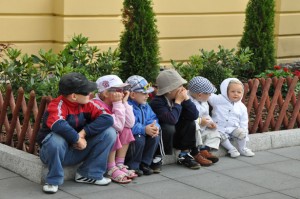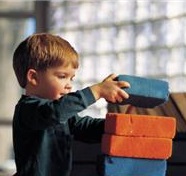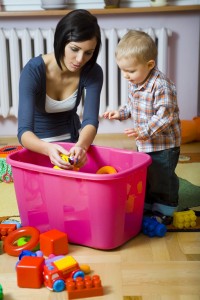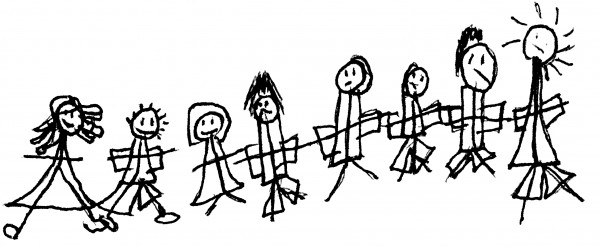 Each year, November 20th, is Universal Children’s Day as established by the United Nations. Started in 1954, Universal Children’s Day promotes the welfare of children and children’s connection to each other all over the world. One of the rights of children, is the right to play. Since the purpose of this website is to support children’s early learning and play, that seems especially relevant.
Each year, November 20th, is Universal Children’s Day as established by the United Nations. Started in 1954, Universal Children’s Day promotes the welfare of children and children’s connection to each other all over the world. One of the rights of children, is the right to play. Since the purpose of this website is to support children’s early learning and play, that seems especially relevant.
Why is play so significant? Quite simply, because play is how a child learns. The activity does not matter; it could be building with blocks, cuddling a stuffie, putting together a puzzle or throwing stones in a puddle. It could even be washing the dishes or putting away the groceries or playing I Spy while sitting and waiting.
 If a child is eager and having fun, creating, discovering and manipulating, this is play. Through play, children connect their inner and outer worlds, increasing their knowledge and understanding and gaining confidence in themselves.
If a child is eager and having fun, creating, discovering and manipulating, this is play. Through play, children connect their inner and outer worlds, increasing their knowledge and understanding and gaining confidence in themselves.
AND YES, children do indeed learn thru play. All kinds of brain connections are created and thinking skills developed in play. These are not just ‘academic’ or school-work skills, but social, emotional, and physical ones too. For the most part what children are learning is invisible, we don’t see those pathways and networks growing in children’s minds.
 Kids do not just play with toys. They play with rocks, sticks, sandwich containers, pots and pans, the garden hose, mud, sand, water, bugs, kitchen chairs, blankets, keys, and parents’ electronic devices. While playing with cell phones, kids have called strangers in other countries. They have reprogrammed computers and unprogrammed TVs. To a child practically anything can be a toy.
Kids do not just play with toys. They play with rocks, sticks, sandwich containers, pots and pans, the garden hose, mud, sand, water, bugs, kitchen chairs, blankets, keys, and parents’ electronic devices. While playing with cell phones, kids have called strangers in other countries. They have reprogrammed computers and unprogrammed TVs. To a child practically anything can be a toy.
Children play by themselves independently and with others. Play can be loud and active, or calm and quiet, although when it’s too quiet parents and caregivers get worried and run to check what a child is doing.
Some communities might have special events for Universal Children’s Day. Just having some time to play is another way to honor the day. How will your child–and you–play?

